Our work
EDRi is the biggest European network defending rights and freedoms online. We work to to challenge private and state actors who abuse their power to control or manipulate the public. We do so by advocating for robust and enforced laws, informing and mobilising people, promoting a healthy and accountable technology market, and building a movement of organisations and individuals committed to digital rights and freedoms in a connected world.
Filter resources
-
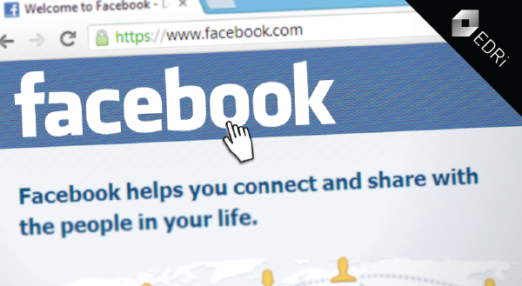
Our dependency on Facebook – life-threatening?
What is your priority when a terrorist attack or a natural disaster takes place close to where your parents live or where your friend went on holidays? Obviously, you would immediately like to know how your loved ones are doing. You will call and text them until you get in touch.
Read more
-
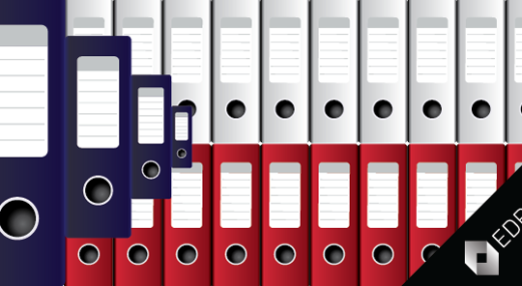
Czech Constitutional Court rejects complaint on data retention
Czech EDRi member Iuridicum Remedium (IuRe) has fought for 14 years against Czech implementation of the controversial EU data retention Directive which was declared invalid by the Court of Justice of the European Union (CJEU). After years of campaigning and many hard legislative battles, the fight has finally come to an end: on 22 May […]
Read more
-
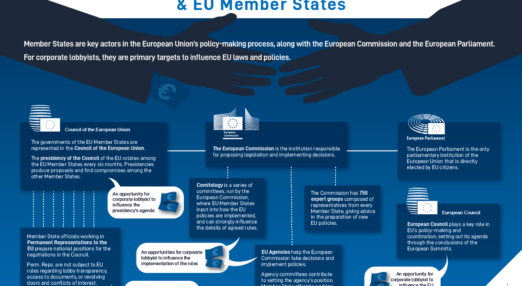
Captured states – e-Privacy Regulation victim of a “lobby onslaught”
Compared to non-governmental organisations and trade unions, private corporations are far better equipped to influence European level decision-making. A report “Captured states: when EU governments are a channel for corporate interests” by Corporate Europe Observatory’s (CEO) describes the various ways corporations approach the Member States of the European Union to maximise their impact.
Read more
-
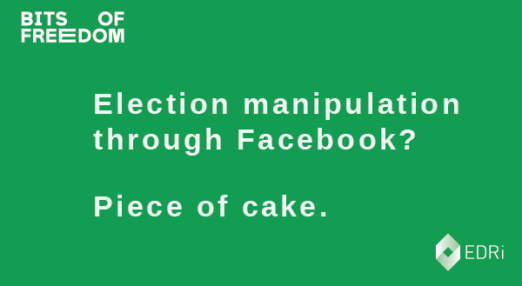
Facebook lies to Dutch Parliament about election manipulation
On 15 May 2019, Facebook’s Head of Public Policy for the Netherlands spoke at a round table in the House of Representatives about data and democracy. The Facebook employee reassured members of parliament that Facebook has implemented measures to prevent election manipulation. He stated: “You can now only advertise political messages in a country, if […]
Read more
-

ePrivacy: Private data retention through the back door
Blanket data retention has been prohibited in several court decisions by the European Court of Justice (ECJ) and the German Federal Constitutional Court (BVerfG). In spite of this, some of the EU Member States want to reintroduce it for the use by law enforcement authorities – through a back door in the ePrivacy Regulation.
Read more
-
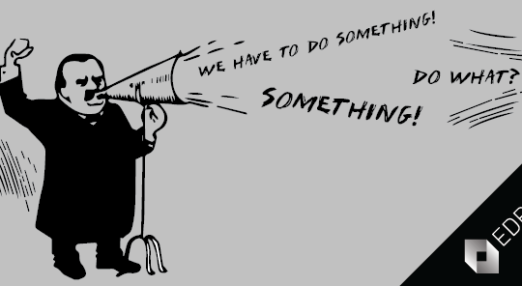
Christchurch call − pseudo-counter-terrorism at the cost of human rights?
The Prime Minister of New Zealand Jacinda Arden showed compassionate and empathetic leadership in her response to the Christchurch terrorist attack on a mosque in her country on 15 March 2019. On 16 May in Paris, Arden and the French President Emmanuel Macron co-launched the Christchurch Call to Action to Eliminate Terrorist and Violent Extremist […]
Read more
-
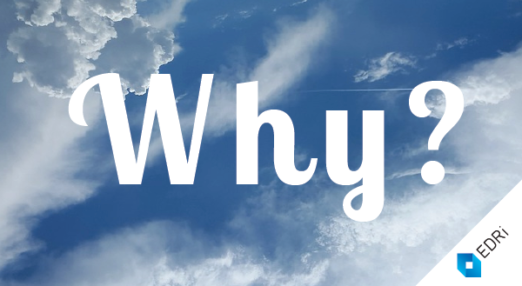
Why should we vote in the EU elections?
What are your plans for the coming days? We have a suggestion: The European elections will take place – and it’s absolutely crucial to go and vote!
Read more
-

Passenger surveillance brought before courts in Germany and Austria
EDRi members Gesellschaft für Freiheitsrechte (GFF, Society for Civil Rights) and Epicenter.works have taken legal action against the mass retention and processing of Passenger Name Records (PNR) before German and Austrian courts and authorities. The European PNR Directive (Directive 2016/681) requires airlines to automatically transfer their passengers’ data to state authorities. There, the data are […]
Read more
-

Google-Huawei case highlights the importance of free software
Google denies the Chinese IT giant Huawei access to Google’s proprietary components of the Android mobile operating system, which threatens IT security. This highlights the importance of free software for technology users, public bodies, and businesses.
Read more
-

Hey Google, where does the path lead?
If you do not know the directions to a certain place, you use a digital device to find your way. With our noses glued to the screen, we blindly follow the instructions of Google Maps, or its competitor. But do you know which way you are being led?
Read more
-

NGOs call to ensure fundamental rights in copyright implementation
Today, on 20 May 2019, EDRi and 41 other organisations sent an open letter to the European Commission.
Read more
-

NGOs and academics warn against Deep Packet Inspection
Today, on 15 May 2019, European Digital Rights, together with 45 NGOs, academics and companies from 15 countries sent an open letter to European policymakers and regulators warning against the widespread use of privacy-invasive Deep Packet Inspection (DPI) technology in the EU. The letter addresses the ongoing negotiations of Europe’s new net neutrality rules, in […]
Read more
